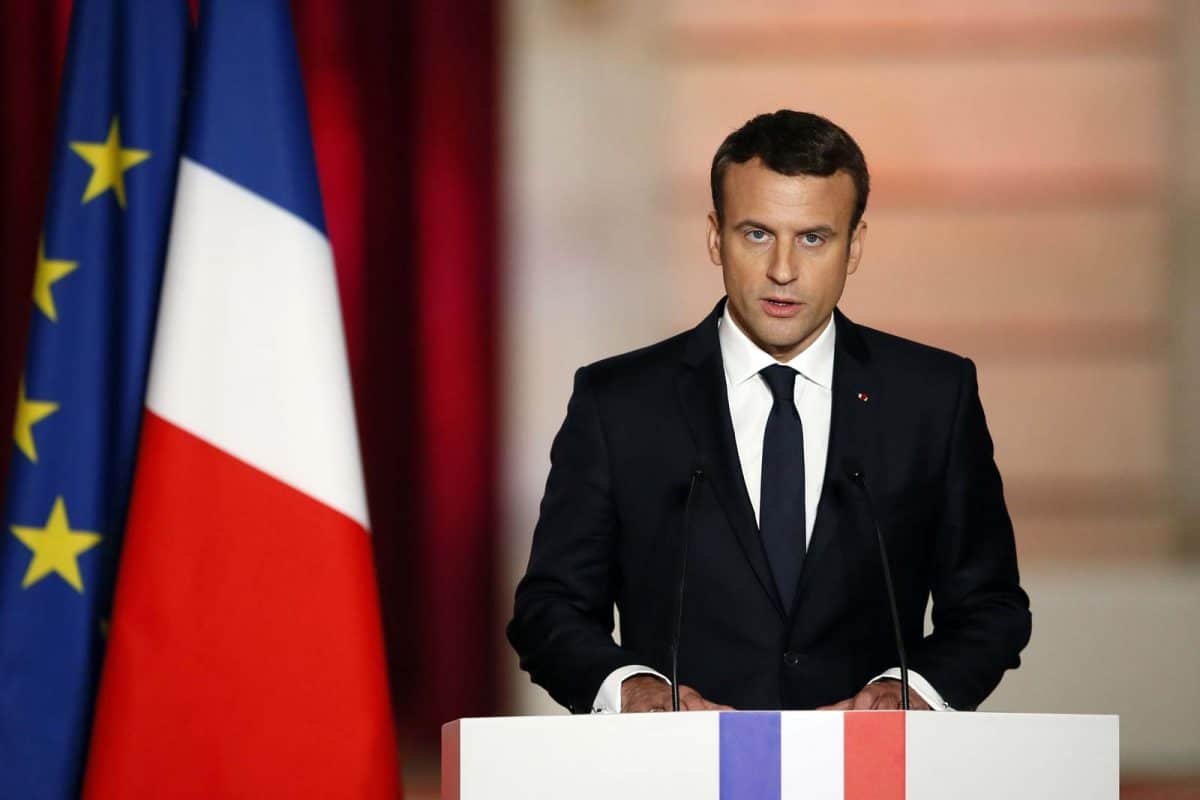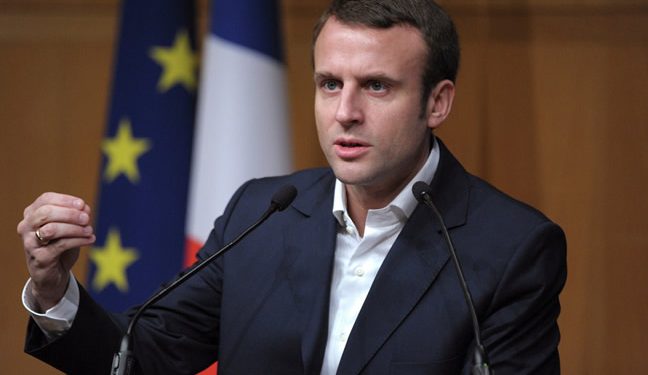France is burning again, and this time Emmanuel Macron is the one holding the match, what the president calls “necessary austerity” looks to millions of French people like another attack on their daily lives. On Thursday, the streets of Paris, Lyon, Marseille and dozens of other cities turned into battlefields of anger. Schools shut down, metros half-dead, pharmacies locked, and crowds pouring out with placards that scream what everyone already knows: Macron’s austerity war sets France on fire.
Anger That Refuses to Die
This is not new for France. The French know how to fight when the state becomes deaf. From pension reforms to fuel hikes, the people hit the streets whenever their government squeezes too hard. What we see now is the same spirit, but sharper. Teachers walked out, garbage workers blocked depots, schoolchildren carried banners, and almost a million people were expected to march. You cannot call that just “disruption”; it is a direct rejection of Macron’s politics.

And here’s the irony, Macron has a fresh prime minister, Sebastien Lecornu, only 39 years old, promising change. But nobody believes him because the shadow of austerity is bigger than his face. If the president wanted Lecornu to calm the storm, the people have already answered: wrong man, wrong time.
The Poor Pay, the Rich Smile
It is the same story everywhere, ordinary people tightening belts until they suffocate while the wealthy remain untouched. One protester in Lyon summed it up with bitter humour: “Smile, you are being taxed.” That line captures the French mood better than any government press release. Macron’s 44-billion-euro budget may look like smart economics in elite circles, but on the ground it feels like daylight robbery. People are fed up with being told sacrifices are “for the future” when their present is already unbearable.
When Protest Becomes Culture
France has a long history of protests, but this wave feels more personal. It is not only about figures in the budget, it is about dignity. When schoolchildren block their own schools chanting against austerity, it shows how deep the frustration runs. Even before tear gas, water cannons and drones entered the picture, the people had already sent their message: they will not be silent. Macron’s problem is no longer just unions or opposition parties; it is the street itself, and the street does not negotiate softly.
The President as the Villain
Macron is now branded as the “source of chaos” by Jean-Luc Mélenchon and others. And honestly, the label sticks. Every policy he has pushed in the past years, whether pensions, taxes or labour rules—has left scars. At this point, he is not seen as a leader with solutions but as the author of France’s recurring crises. With only a year and a half left in power, he faces not just a political problem but a legacy problem. What will he be remembered for, reform or unrest?
Austerity Will Cost More Than Money
What Macron fails to understand is that austerity may save numbers on paper but it destroys trust, stability, and hope. A government can balance books and still lose its people. That is where France stands today: order on spreadsheets, fire on the streets. The longer this war continues, the more Macron risks leaving behind a France angrier, poorer, and more divided than when he took office.
Because right now, no matter what spin comes from the Elysée Palace, the truth is simple: Macron’s austerity war has set France on fire and the blaze will not be put out easily.















